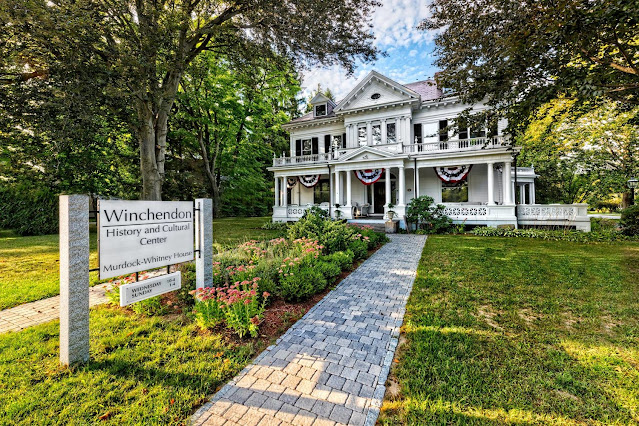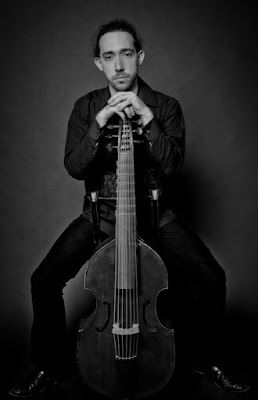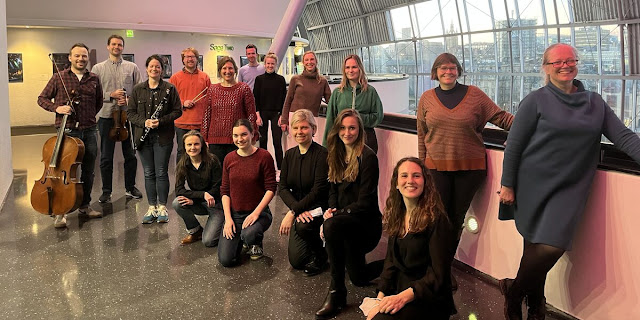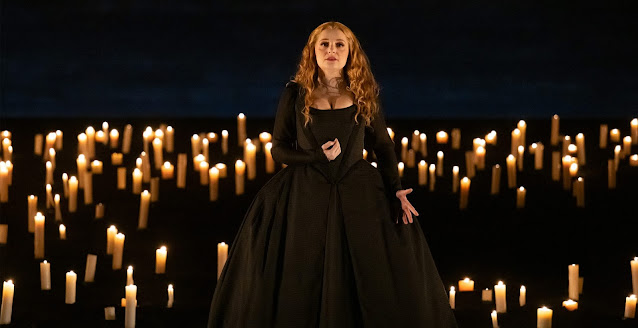The Notting Hill Carnival this year is from Saturday 23 August to Monday 25 August and a big feature, as ever, will be the Steel Bands with the Steel Band Competition on the Saturday and the Parade on the Monday. We are all familiar with the sound of the steel band, yet as a musical ensemble it remains distinct yet distinctive. I recently chatted to Eversely Mills the band manager of Metronomes Steel Orchestra to find out more about the ensemble and the traditions behind it.
Formed in 1973, Metronomes is an innovative steelband and unique community based in Ladbroke Grove, West London. They teach and perform steelpan music, promote Caribbean heritage, and run projects to benefit local people.
The tradition of playing steel drums arose in Trinidad and Tobago where they turned 22 gallon oil drums into instruments, creating what quickly became a community tradition. Eversely explains that the steel orchestra (his preferred term rather than steel band) is made up of different types of instrument that have different functions. The bass and tenor bass provide the low notes whilst the different cello instruments play chords with further instruments playing harmony and runs with the double tenor (which is actually at soprano pitch) providing the melody.
Playing in steel orchestras is very much a community-based thing with players in youth clubs, community centres and a lot of schools. Whilst you can have a three or five-piece band, a steel orchestra will be made up of twelve to fifteen people. An arranger has to work out the chords and melody; whilst a chord will have three to five notes in it, a single player with only two sticks can play just two notes at a time, hence they need to be allocated, splitting the chord. Whilst the arranger use music, having the arrangement written down, the vast majority of players perform from memory.
Eversely explains that the level of difficulty depends on the individual, some are natural players whilst others are able to develop the skills. You need dexterity, a good memory, and a sense of basic timing, along with being collaborative. And, of course, different players are suited to different pans.
Metronomes has three bands. There is the junior academy, the adult intermediate band and the adult stage-side band, which is their A team. Whilst some players strive to get into the stage-side band others are happpy to be where they are, finding their roles less stressful. Each band will generally have a repertoire of 12 to 15 tunes. Rehearsals are seasonal, normally a band would get together twice per week but at the moment rehearsals are full-on as they gear up for the Carnival. In addition to the arranger, bands have a drill master who rehearses with them and gets them performance ready. Often, nowadays, bands will perform with the drill master conducting out front.
When I ask about how Metronomes is funded, Eversely laughs; they are reliant on a mix of fundraising, income from performances and grants.
Performing at the Carnival is, itself, a very full-on activity. They prepare from 8 am, get on the route at about 12 pm and finish the circuit at around 7pm, all of which is hard work. Also, as they are playing percussion instruments, it is a very physical activity.
 |
| Metronomes stageside band |
Metronomes will be performing at the Carnival on Saturday and Monday, and they will be rehearsing on the streets the Thursday (today) and Friday (tomorrow) before the Carnival.














.jpeg)


.jpg)


%20Richard%20Marsham.jpg)






-7eaefe29-1920w.webp)
.jpg)

.png)



.jpg)

.jpeg)





.jpeg)